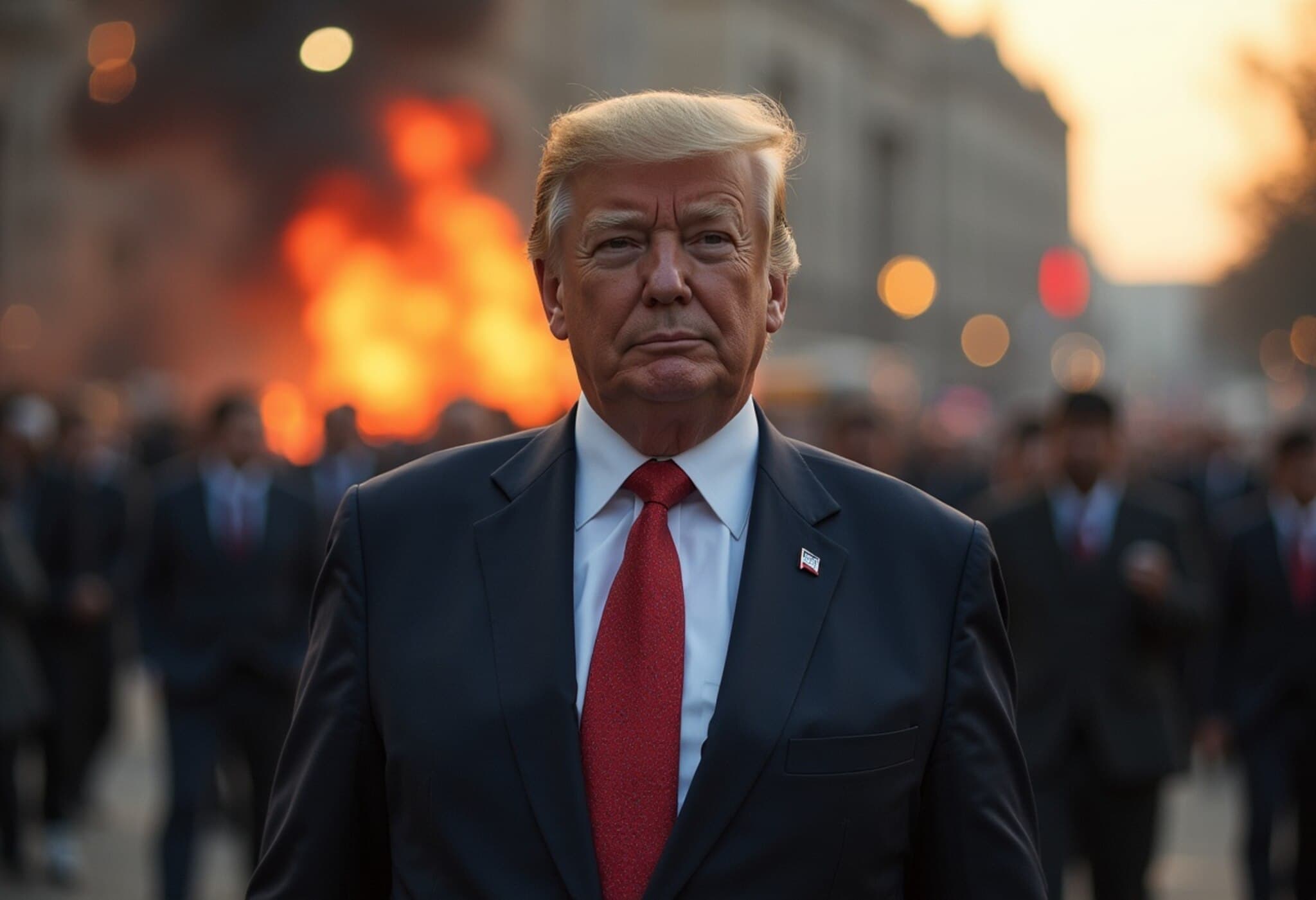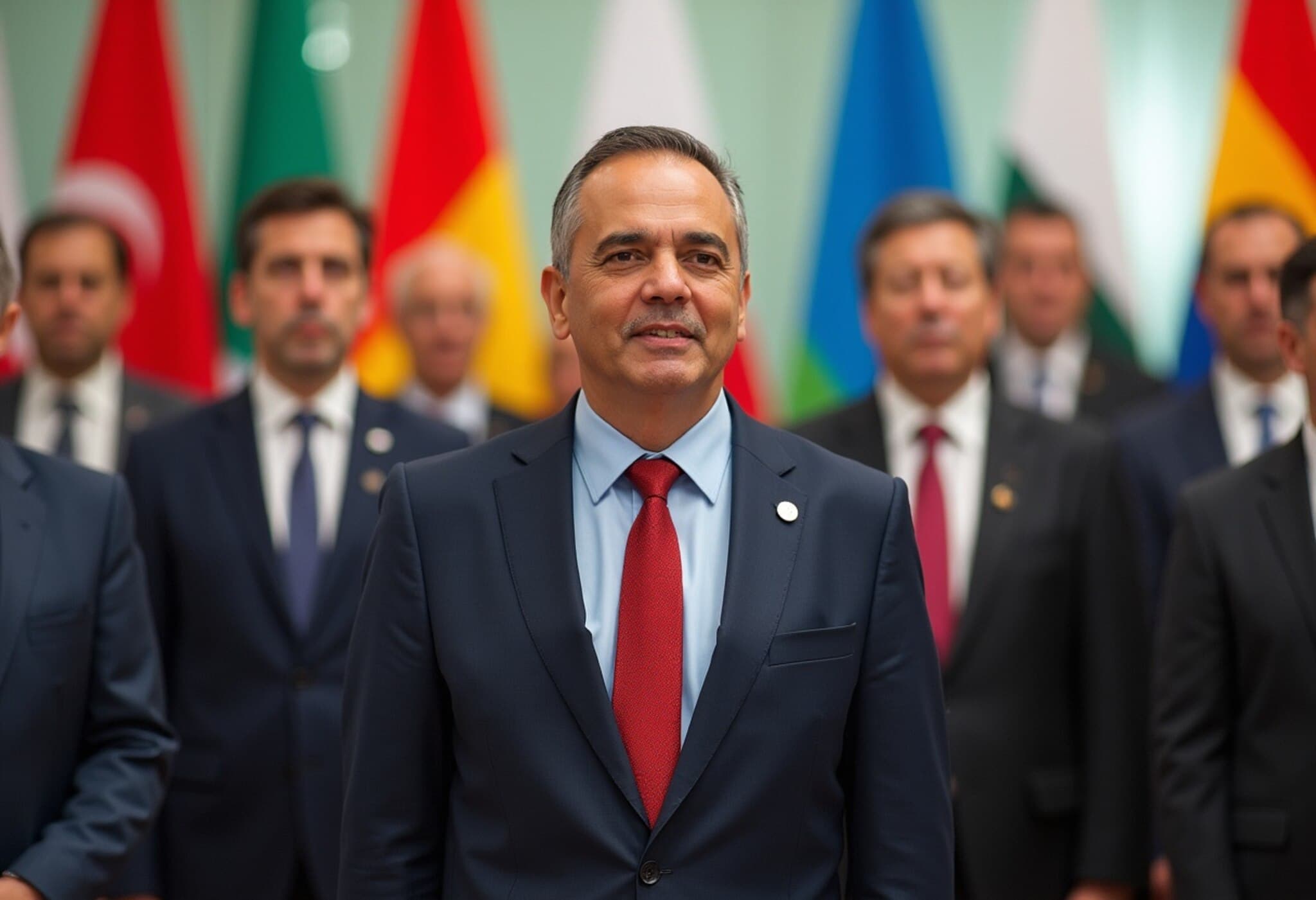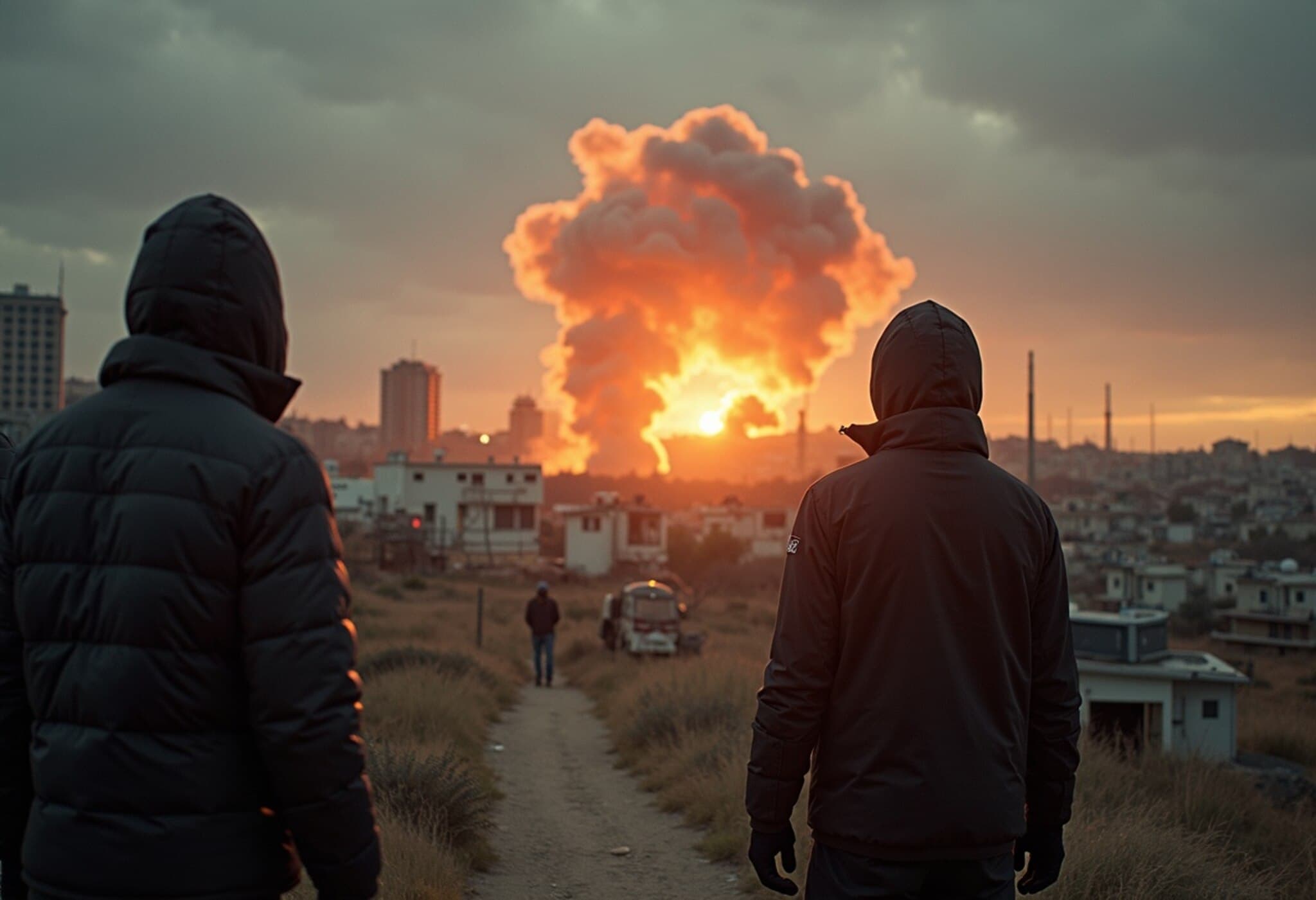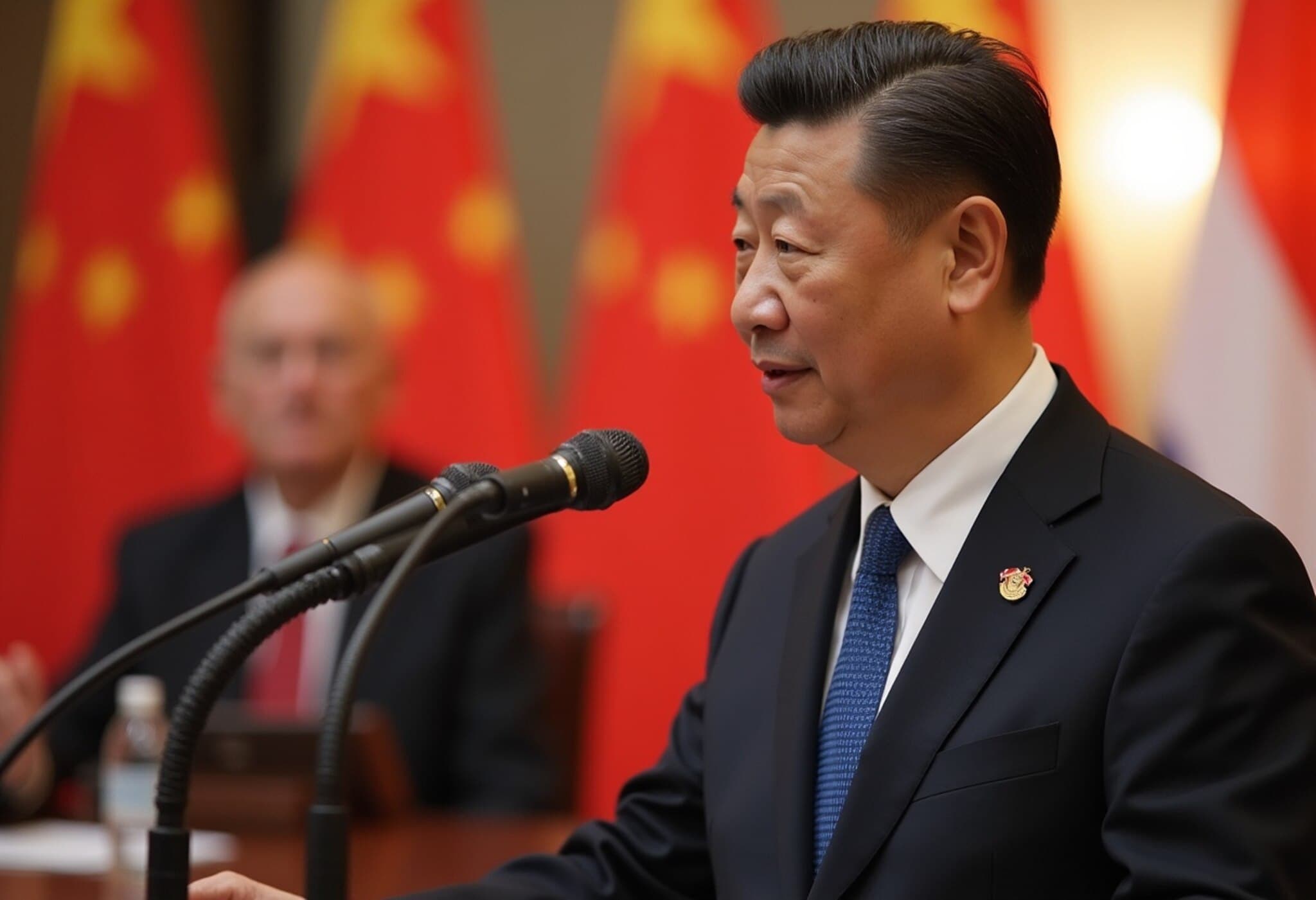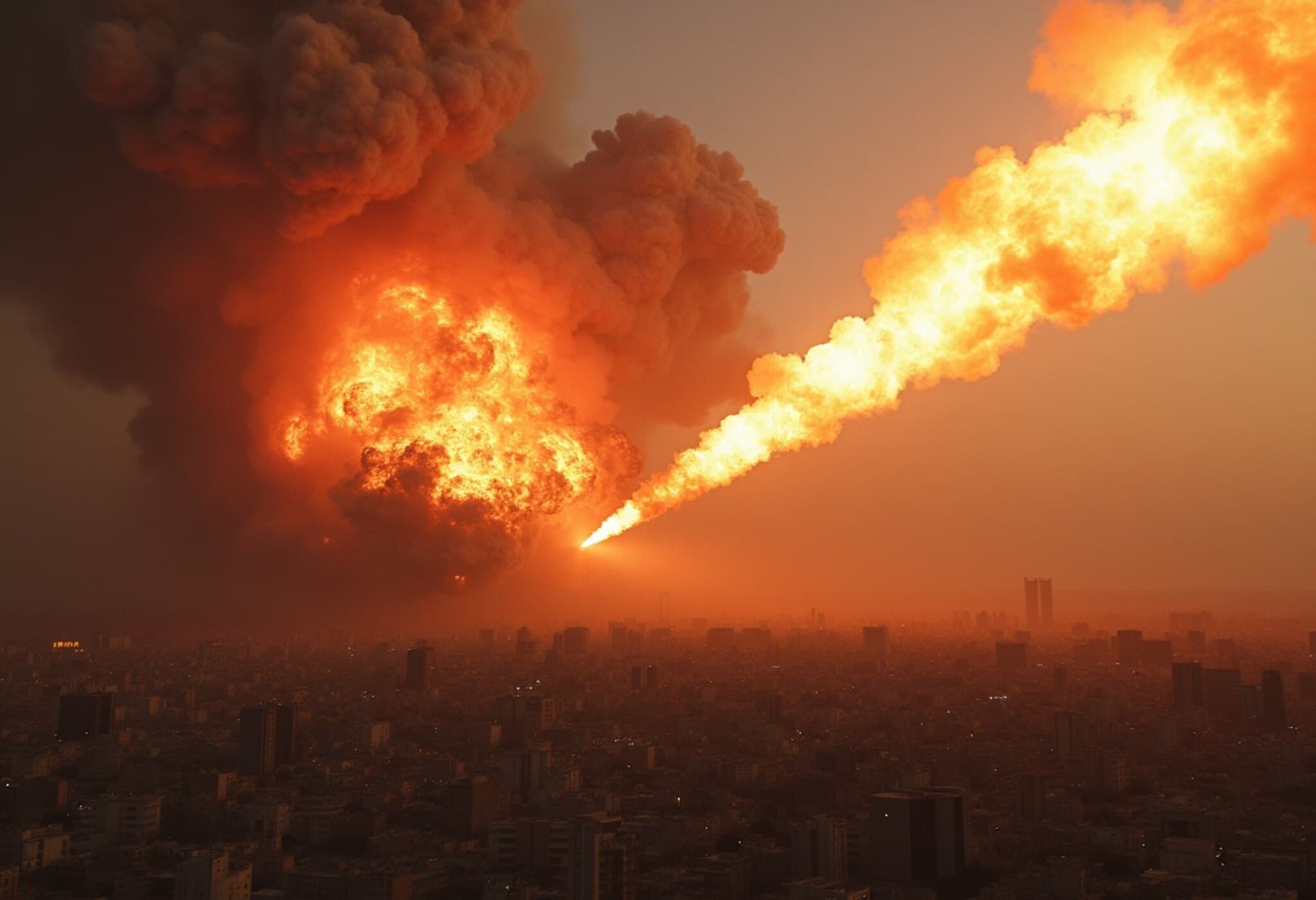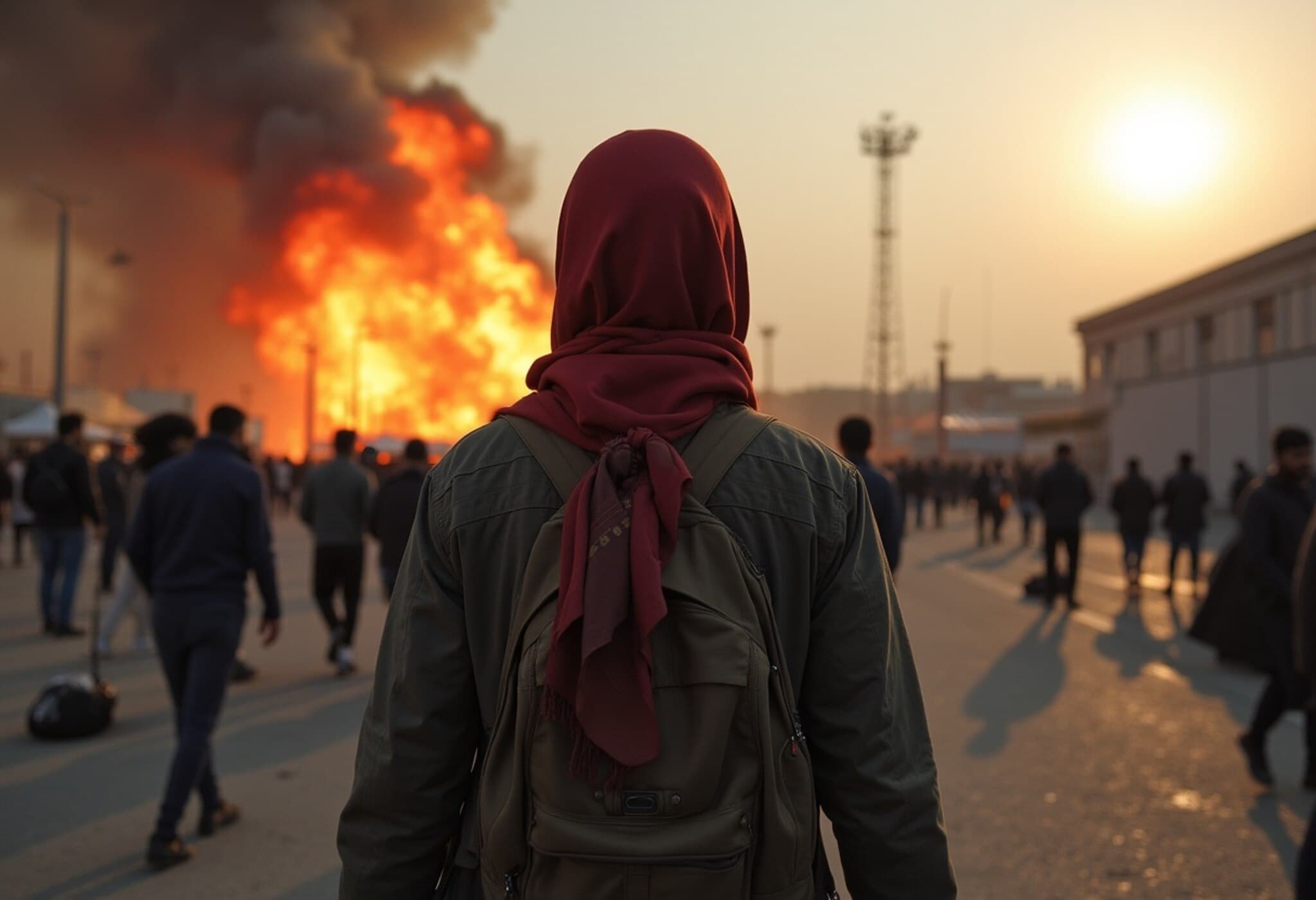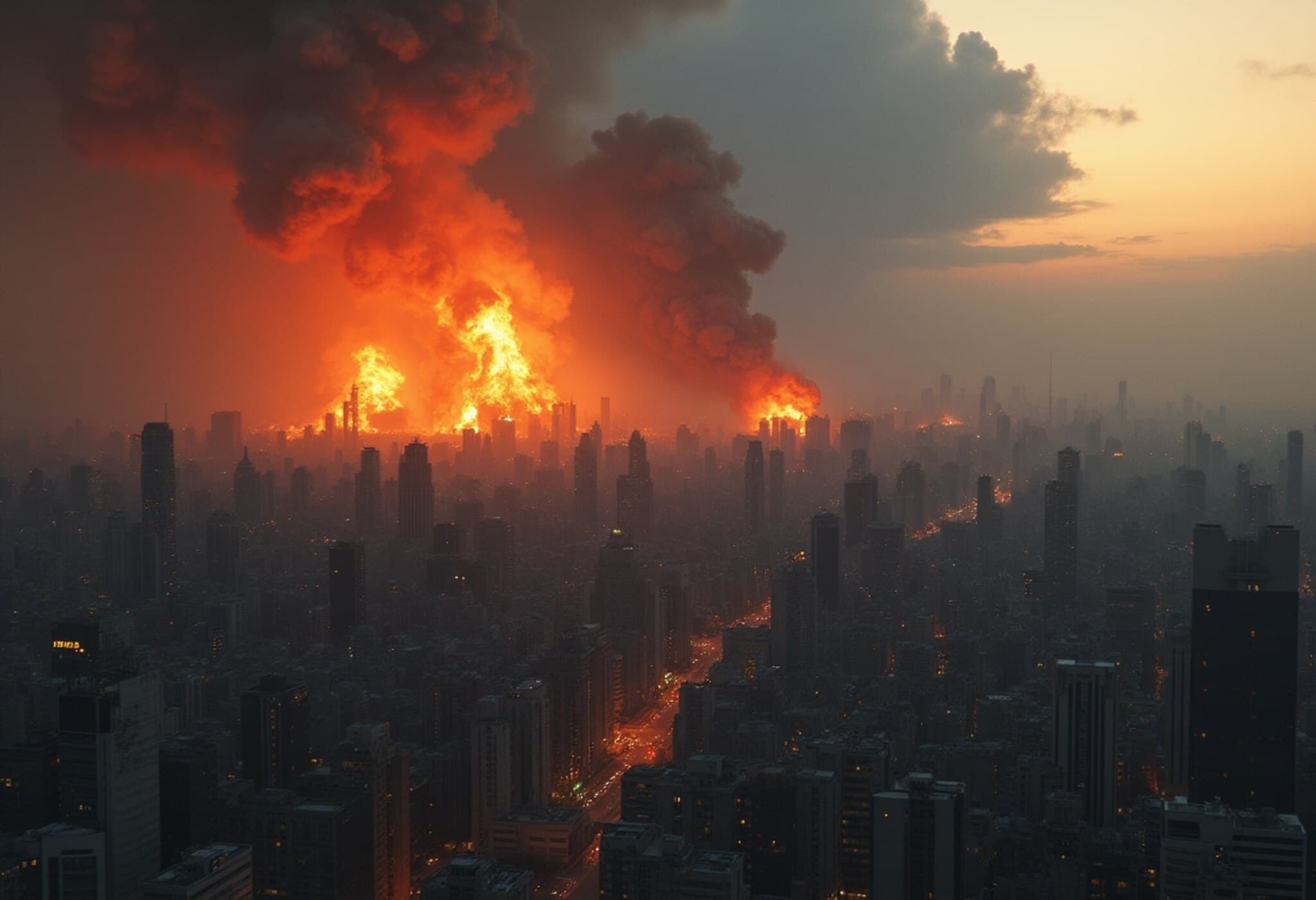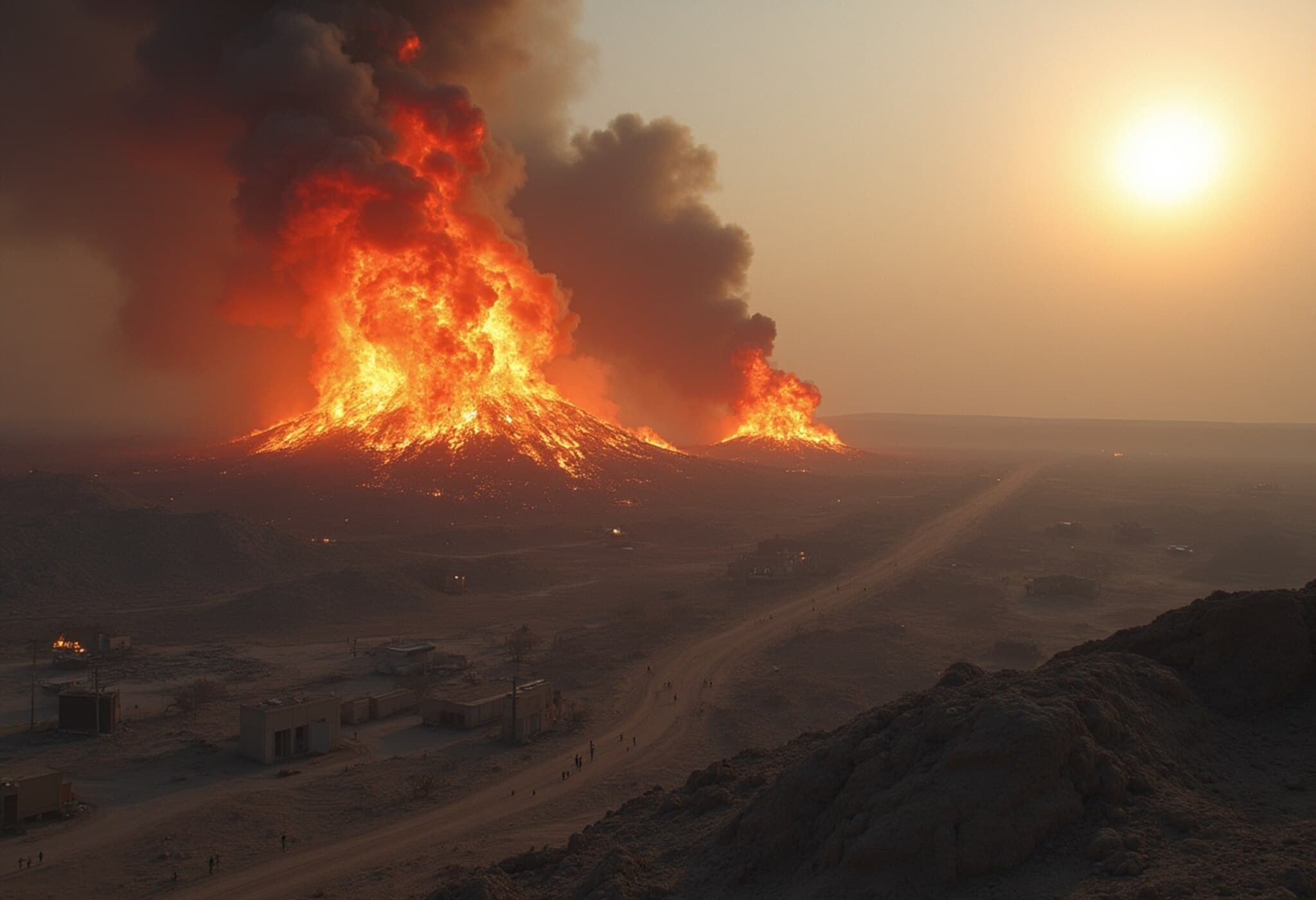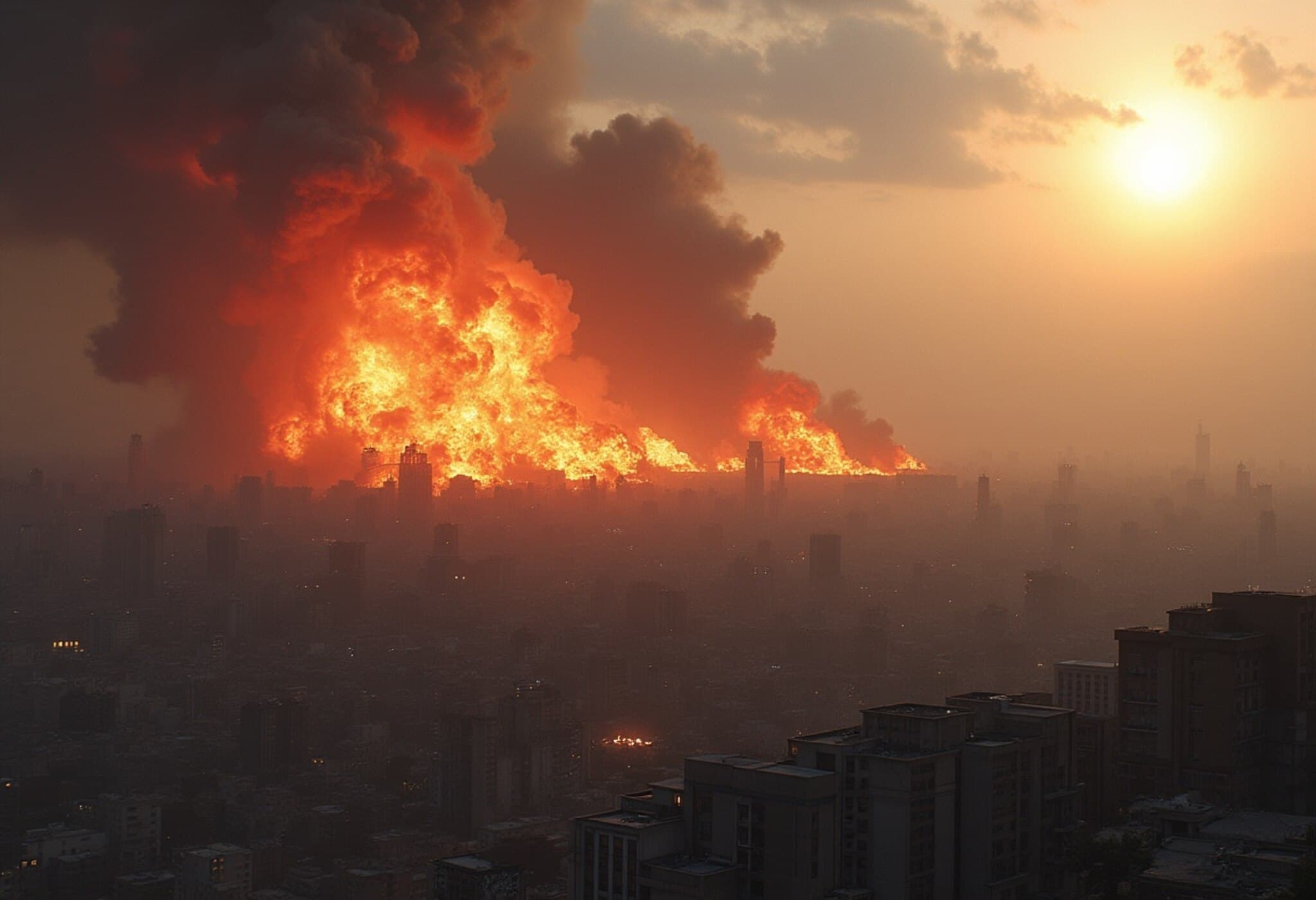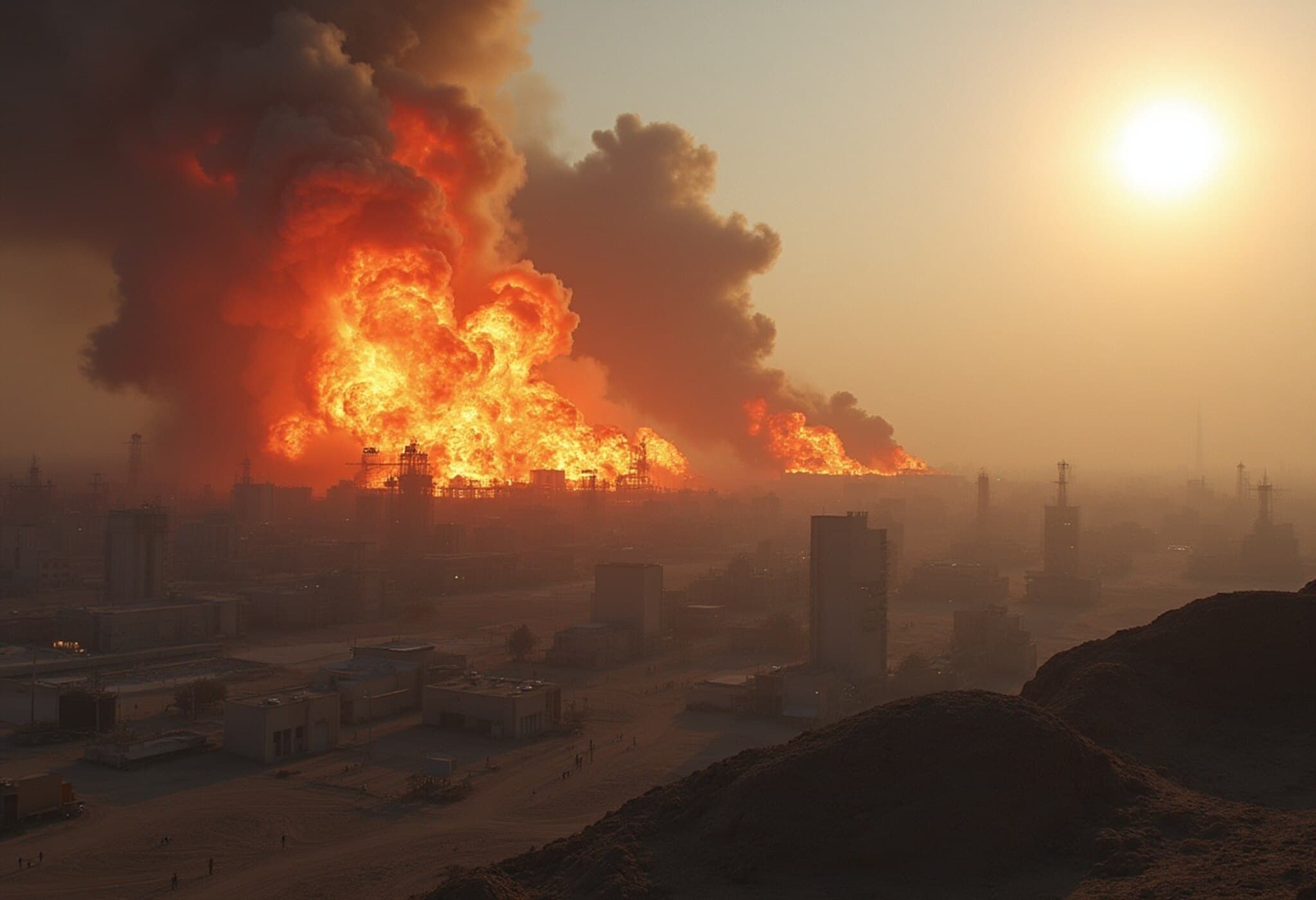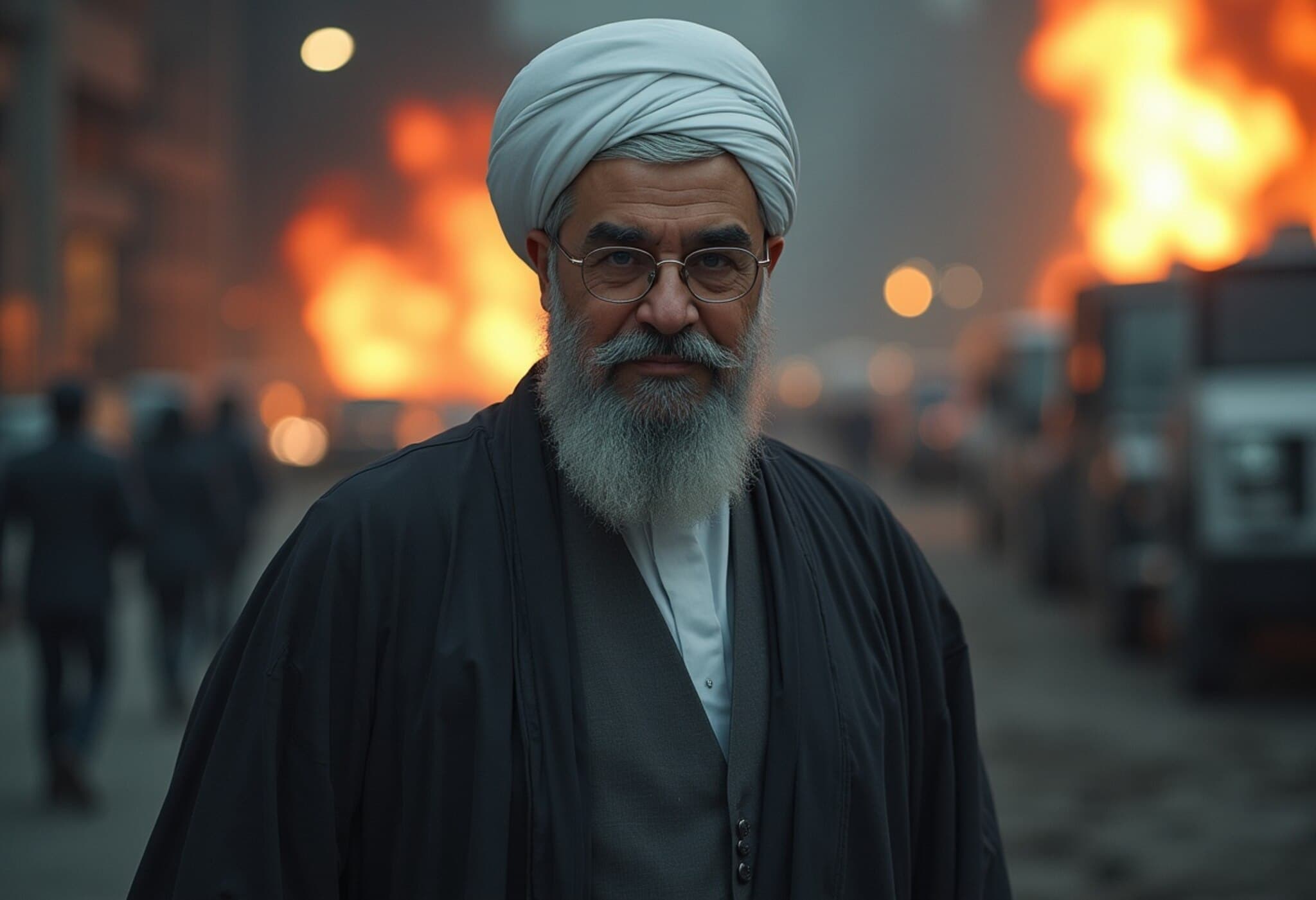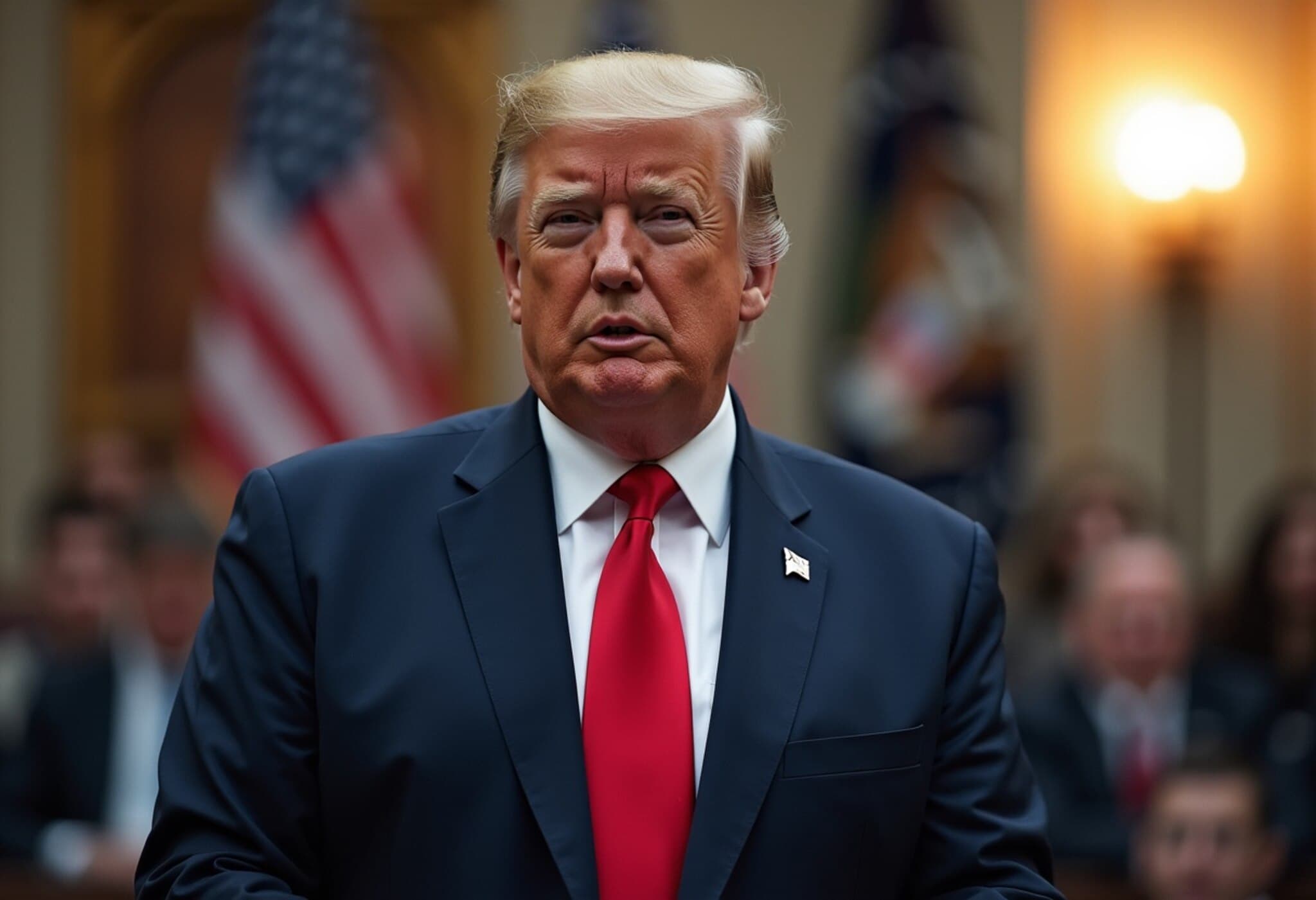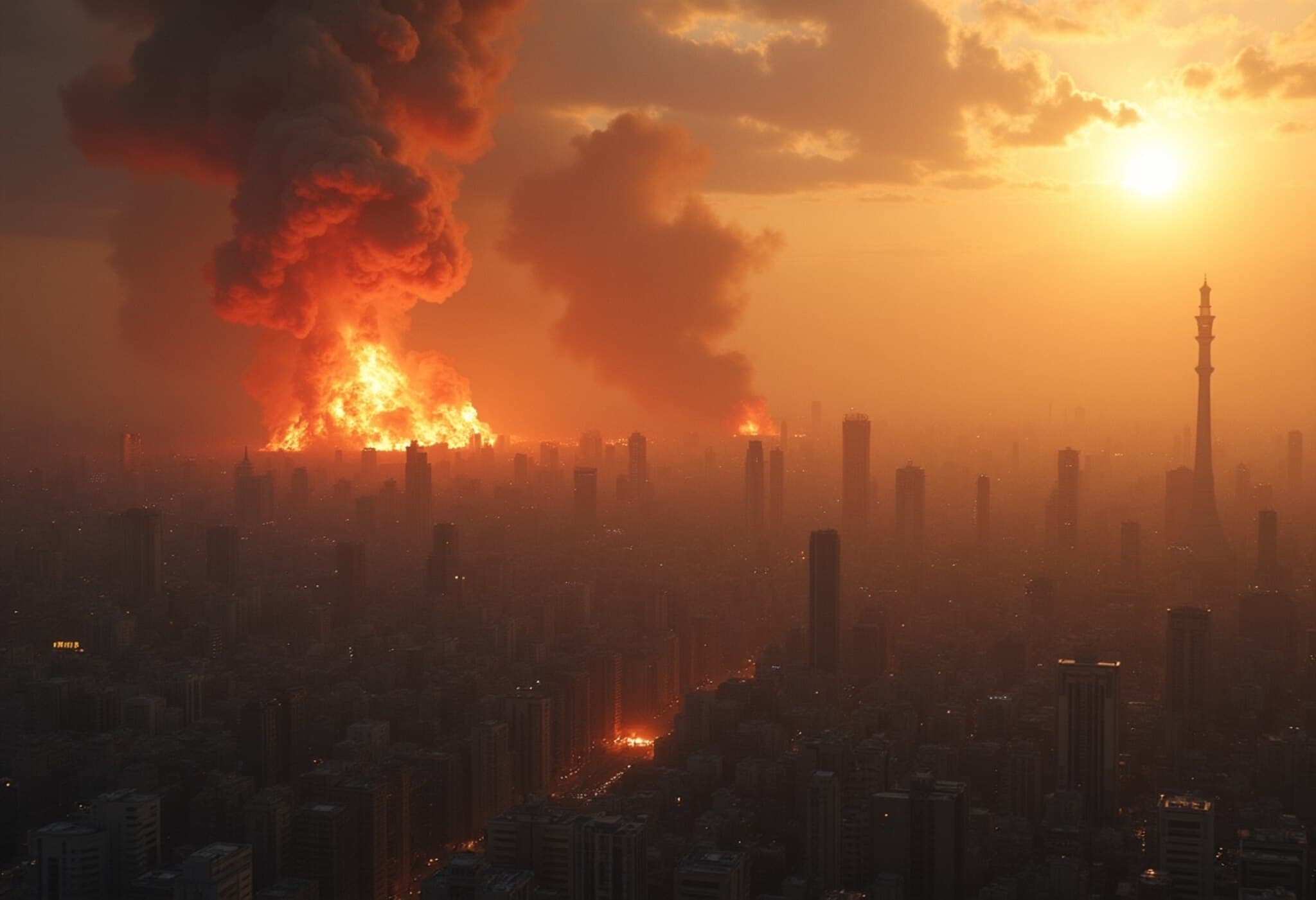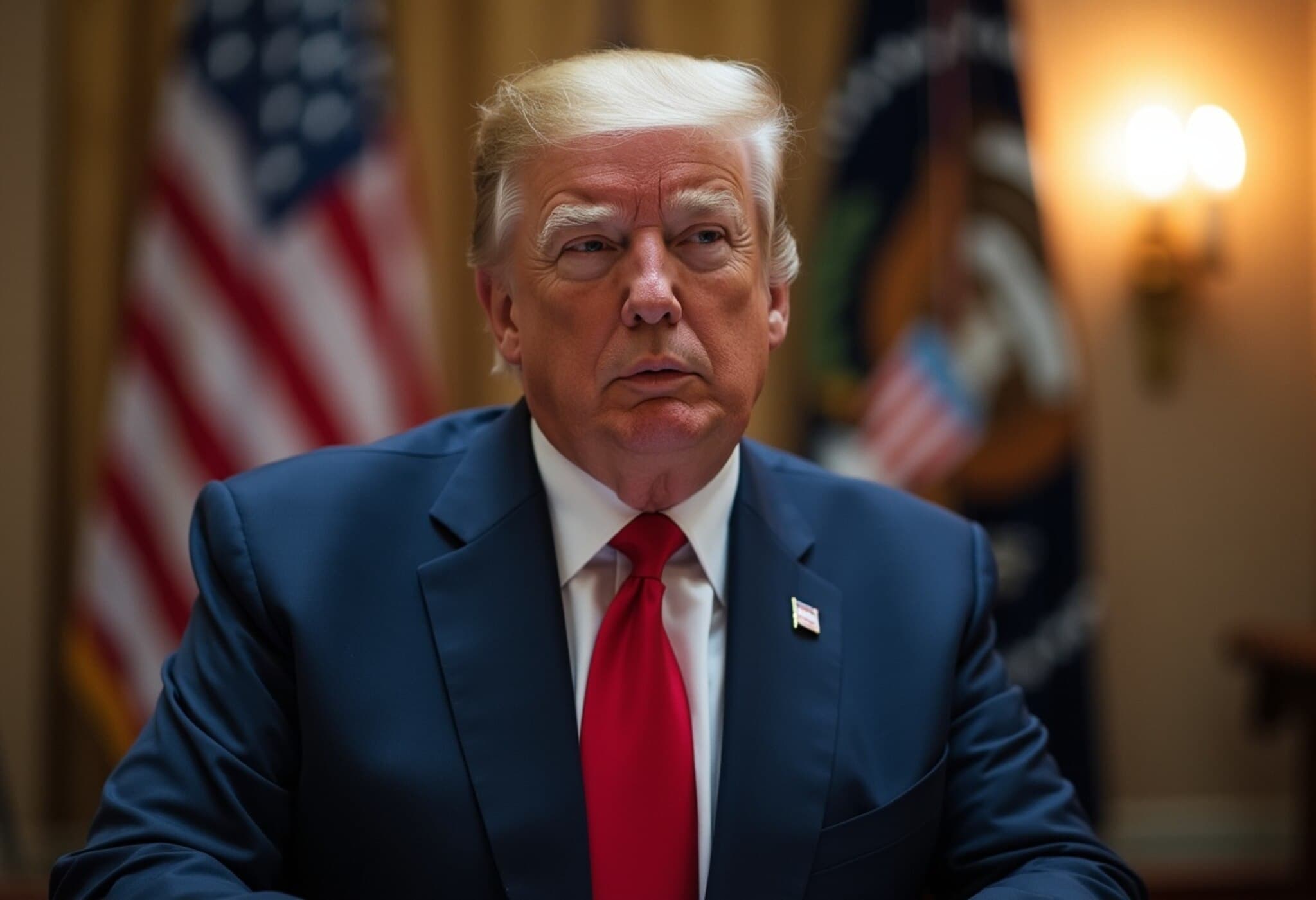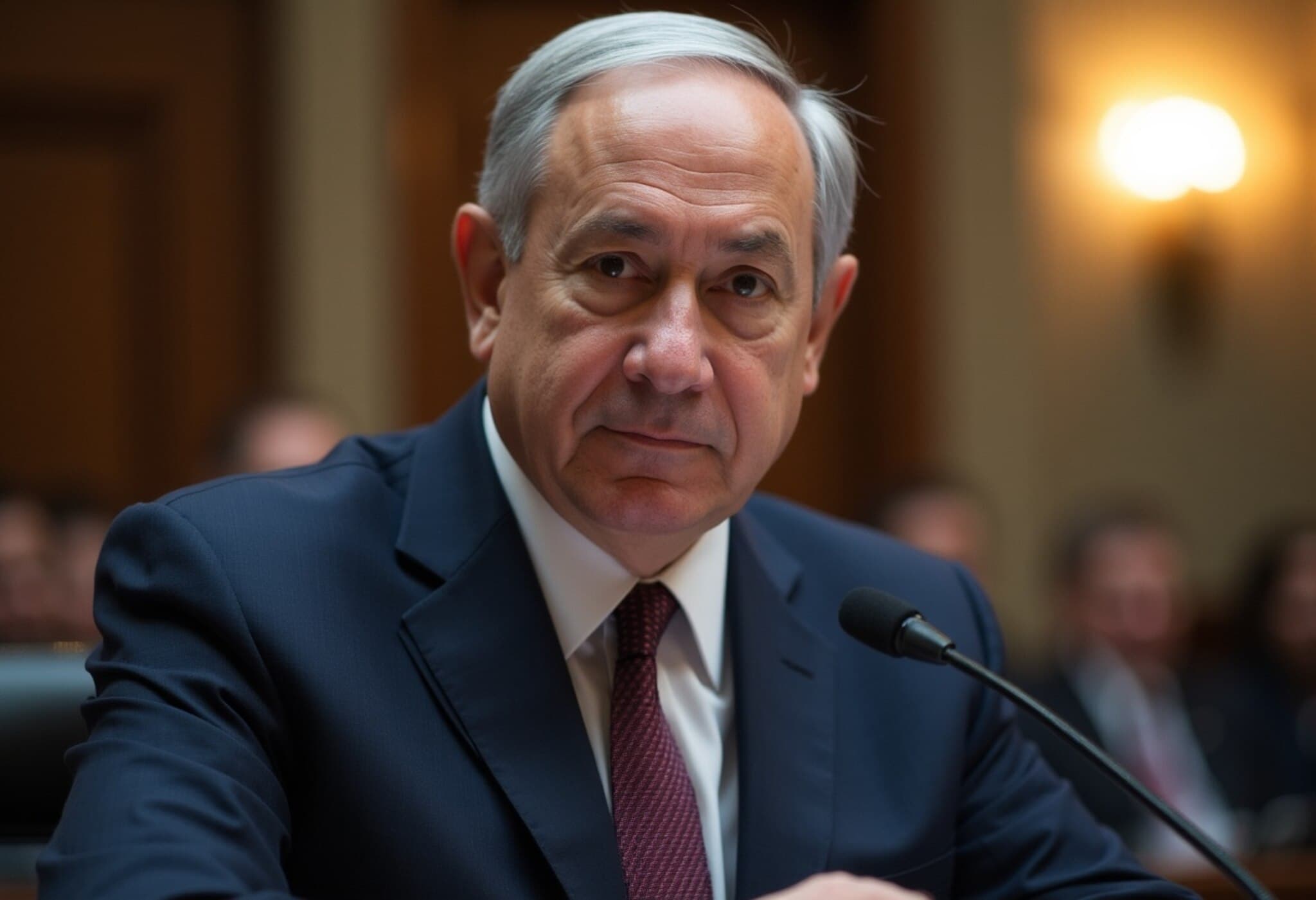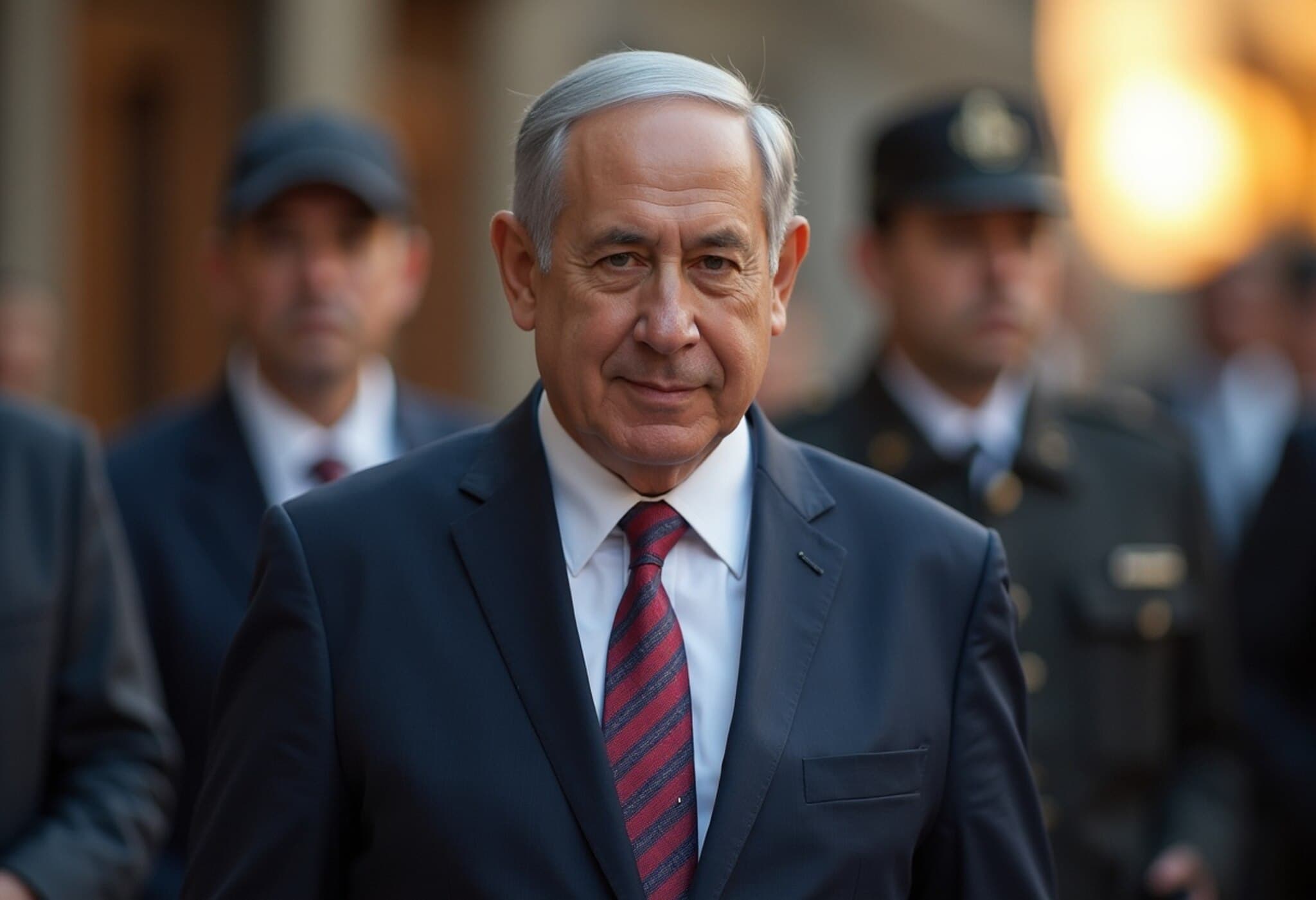Iran Strengthens Ties with Russia Amid US Airstrike
Following the recent US airstrikes targeting Iran's nuclear facilities, Tehran has accelerated its diplomatic engagement with Moscow. Iran’s Foreign Minister, Abbas Araghchi, announced a high-profile visit to the Russian capital for urgent talks, underscoring Moscow's role as a strategic partner.
Key Developments in Iran-Russia Relations
Speaking from Istanbul, Araghchi revealed that he was en route to Moscow to hold "serious consultations" with President Vladimir Putin. This visit comes on the heels of US strikes on Iran's Fordow, Natanz, and Isfahan nuclear sites, confirmed by the US administration.
Araghchi emphasized the long-standing cooperation between Iran and Russia, describing their relationship as one marked by frequent coordination on geopolitical issues. Earlier, Russian Foreign Minister Sergei Lavrov condemned what he called Israeli aggression and reaffirmed Russia’s diplomatic backing for Iran.
Medvedev Signals Potential Nuclear Support for Iran
Adding fuel to the fire, former Russian President Dmitry Medvedev issued strong warnings on social media, claiming the strikes had failed on both military and political fronts. He further hinted at a significant escalation by suggesting that several nations might be prepared to supply Iran with nuclear warheads.
While Medvedev stopped short of naming specific countries, his remarks represent a notable intensification of Russia's stance amid growing tensions in the region. He cautioned that the US-led operation had not dismantled Tehran’s nuclear capabilities but rather encouraged continued uranium enrichment and the potential development of nuclear weapons.
Criticism of US Strategy and Warnings of Wider Conflict
Medvedev did not hold back in his critique of US President Donald Trump, sarcastically noting that Trump's reputation as a peacemaker is now tarnished by the new conflict. He painted a vivid picture of possible consequences, including escalating violence in Israel, civilian panic, and the looming threat of a ground conflict involving American forces.
His warning suggested the US might become deeply involved in a broader regional confrontation, with Iranian public opinion rallying firmly behind its government as a result of the strikes.
Russia's Official Position and US Claims
The Russian Foreign Ministry issued a statement condemning the US and Israel's actions as "destabilizing" while expressing willingness to continue diplomatic efforts over Iran’s nuclear ambitions.
Meanwhile, the US administration hailed the airstrike as a complete success, asserting the targeted nuclear sites were "completely and fully obliterated." However, satellite images and reports indicate only partial damage, with key facilities, especially underground infrastructure, still intact.
Conclusion
The unfolding situation signals a critical juncture in Middle East geopolitics, as Iran pivots more decisively toward Russia in response to US military actions. Medvedev's hints at nuclear support and the escalating rhetoric portend a tense and uncertain future, underscoring the fragile balance of power in the region.

